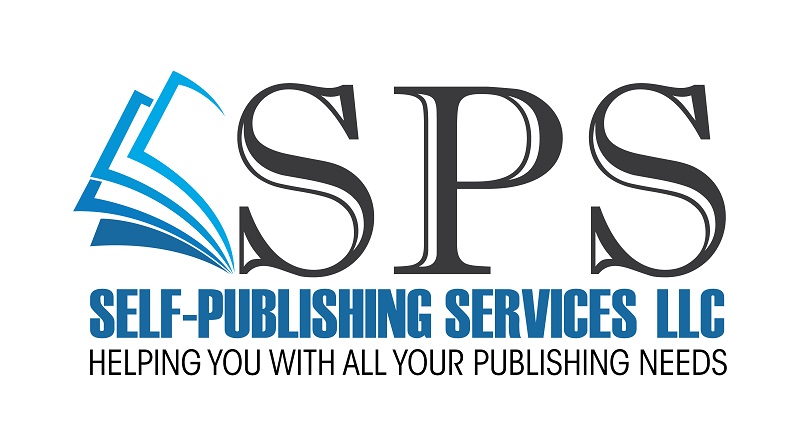5 Steps to Building a Great Author Website
I don’t know what any of this means, and I’ve still managed to build several websites that work. Image by Pexels at Pixabay.
Every author who wants to build a community of fans should have a website. It’s an easy to way to grow your mailing list, answer frequently asked questions, and showcase your writing voice. Don’t worry—it doesn’t have to be highly technical or time consuming. Here are a few tips for building an author website that can be the cornerstone of your brand.
The URL — AKA domain name or web address. This seems obvious, but in case you were thinking otherwise, your url should be your pen name. If it’s already taken, add author somewhere to the address. (e.g. authorjanesmith.com or author.janesmith.com or janesmithauthor.com). Or consider finding a pen name with an available URL. Seriously. It could be that important. Your url should be simple and memorable, so do your research. You can often purchase your domain name from your web host or platform (some of them will even give you a year for free), but if you choose to buy it separately, Network Solutions, GoDaddy, and Google are all good options.
The platform — WordPress? Wix? Weebly? Why are there so many options? Well, it’s complicated. Think of it like Legos: some people want to freestyle their own design from a pile of miscellaneous blocks, some people want a limited set of blocks and very clear instructions, and some people only feel comfortable making a very short tower out of MegaBloks. Since you’re reading this, you’re probably in the “clear instructions” or “MegaBloks” categories. You need something simple to design and manage. But as an author, you also need a platform that will allow you to showcase your covers, build your mailing list, and get readers to a purchase link. We recommend taking a look at Constant Contact, Wix, or SquareSpace. (If you want more details about your options, here’s a good article.) They are all simple to use and offer just the functionality you’re looking for. Constant Contact and Wix have good customer service, which is also helpful.
The setup — Don’t feel like you have to put a ton of pages on your website. A very simple site can have a home page, books page, and an about page. Put your newest release front and center, make it easy to find all your available work, and give people a way to contact you. This can be an email form and/or links to your social media. Make it very easy to join your mailing list. Outside of that, think of your website as an extension of your author voice or “brand,” and design accordingly. If you do a lot of public appearances, add a calendar/events page. If you are super active on social media, add your social feed to a sidebar so people can see all your recent posts and conversations. Most often, less is more, but be sure to check out other authors’ (especially those you may use as comps) websites to get ideas. I am a sucker for well-written FAQ pages.
The blog — For a while, it seemed imperative to blog. But the pressure to create that much content can be…overwhelming. If you love blogging and want to do it, great. Get yourself a good content calendar, and go to town. If the idea of being tied to a schedule churning out words that have a far fuzzier ROI than an actual book makes you want to cry, just don’t do it. Save your energy for writing amazing books that people will want to buy. (That said, it will benefit you to reach out to your audience in some way on a regular basis and give them content that will cement you as an auto-buy. Look for a post about newsletters in the next month or so.)
The images — Even though you’re a writer making a website about books, images play a huge role. Your covers make for some easy visuals, but you will very likely need additional photos to make your site pop. For those of us who aren’t professional photographers and don’t have the budget for one, royalty-free images are our friends. Creative Commons and Pixabay are some great resources to find free stock photos. But make sure you give credit where credit is due: link back to photographers or at least credit them with the photo. And if you have any intention of adjusting the image before you post it, double-check that you have the right to do so.
With a little planning and research, building an author website doesn’t have to be daunting. But if you still need some help, or just plain don’t want to deal with it, Self-Publishing Services can work with you.

